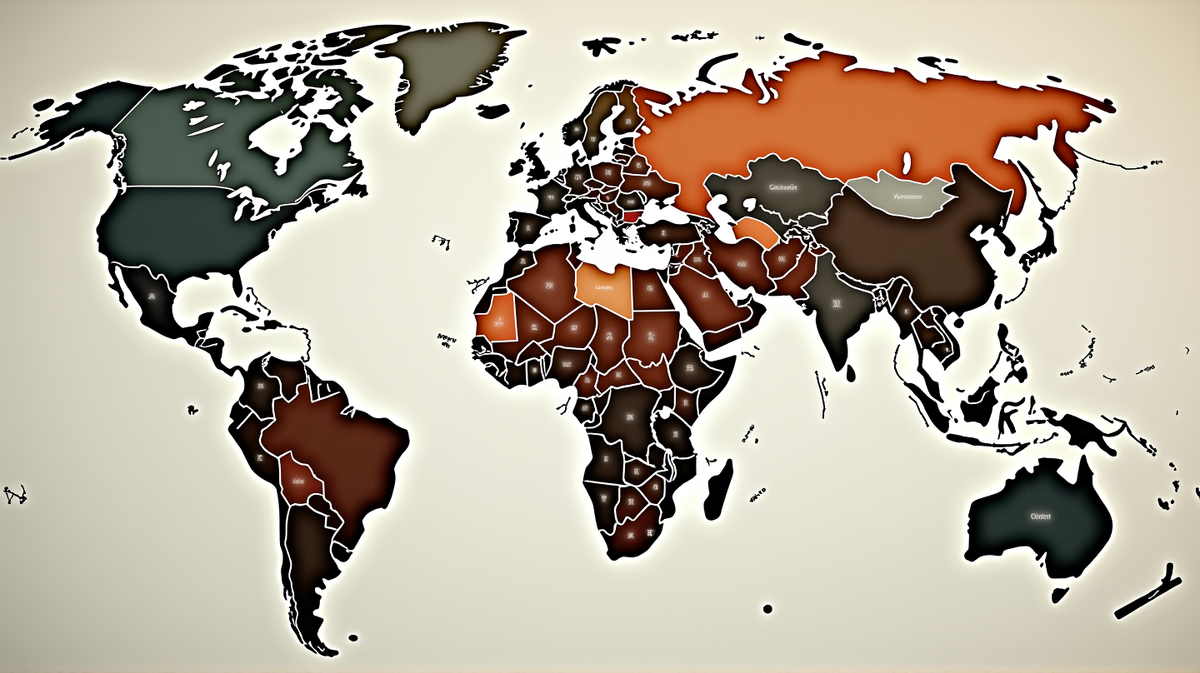Global Aid Fallout: Human Rights and Health on the Line
Economic aid declines threaten global human rights and health, with Belarus under scrutiny and Africa bracing for Ebola and mpox threats, Al Nashif warns.

A Worldwide Setback
The world is teetering on the edge of a humanitarian crisis as economic aid plummets, affecting human rights and development. Nada Al Nashif, the UN Deputy High Commissioner for Human Rights, sounded the alarm, highlighting that military spending is reaching unprecedented levels, overshadowing essential humanitarian efforts. According to UN News, the Organisation for Economic Co-operation and Development forecasts a dramatic cut in economic aid, with repercussions severely felt in the least-developed countries.
Hope in Development
Despite a gloomy forecast, Al Nashif remains hopeful, urging nations to embrace the UN’s Declaration on the Right to Development. The initiative is a call to galvanize fiscal reforms, boosting social protection and aligning global financial systems with human rights imperatives. This resilience can counteract what the World Bank forebodes as a “lost decade for development.”
Belarus: Behind the Curtain
Turning the spotlight on Belarus, the so-called ‘worker’s paradise’ is undergoing scrutiny as Nils Muižnieks, a UN independent expert, reveals the harsh reality. His report outlines systemic politically-motivated discrimination, unjust labor practices, and the plight of those jailed and stateless. These findings, resulting from the International Labour Organization’s involvement, highlight a pressing need for change and solidarity for the citizens’ rights.
Health Crisis Looms in Africa
The International Organization for Migration (IOM) has intensified its health efforts across Africa, responding to the Ebola outbreak in the Democratic Republic of the Congo and prepping for mpox in multiple countries. Frantz Celestin, IOM’s regional director, notes the importance of operational screening at borders to safeguard communities amidst high mobility and health service inaccessibility.
Strategic Surveillance
The IOM is amplifying its support for national mpox readiness in Africa. In Uganda and Ethiopia, IOM’s mobility data is pivotal for health planning. Similarly, countries like Malawi and South Sudan are witnessing enhanced surveillance and vaccination efforts at critical borders, a testament to international cooperation in preventing yet another health disaster.
While the challenges loom large, collective actions, guided by human rights principles and international cooperation, could steer the course towards a more secure future. In this dynamic global landscape, solidarity, and reform are now more crucial than ever.





